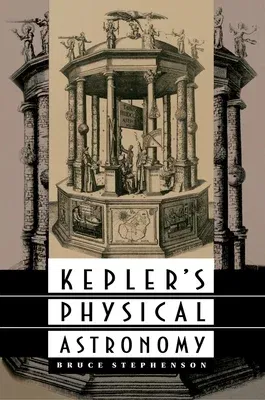Bruce Stephenson
(Author)Kepler's Physical AstronomyPaperback, 25 July 1994

Qty
1
Turbo
Ships in 2 - 3 days
In Stock
Free Delivery
Cash on Delivery
15 Days
Free Returns
Secure Checkout

Part of Series
Princeton Paperback
Print Length
232 pages
Language
English
Publisher
Princeton University Press
Date Published
25 Jul 1994
ISBN-10
0691036527
ISBN-13
9780691036526
Description
Product Details
Author:
Book Format:
Paperback
Country of Origin:
US
Date Published:
25 July 1994
Dimensions:
23.55 x
15.44 x
1.7 cm
ISBN-10:
0691036527
ISBN-13:
9780691036526
Language:
English
Location:
Princeton
Pages:
232
Publisher:
Series:
Weight:
335.66 gm